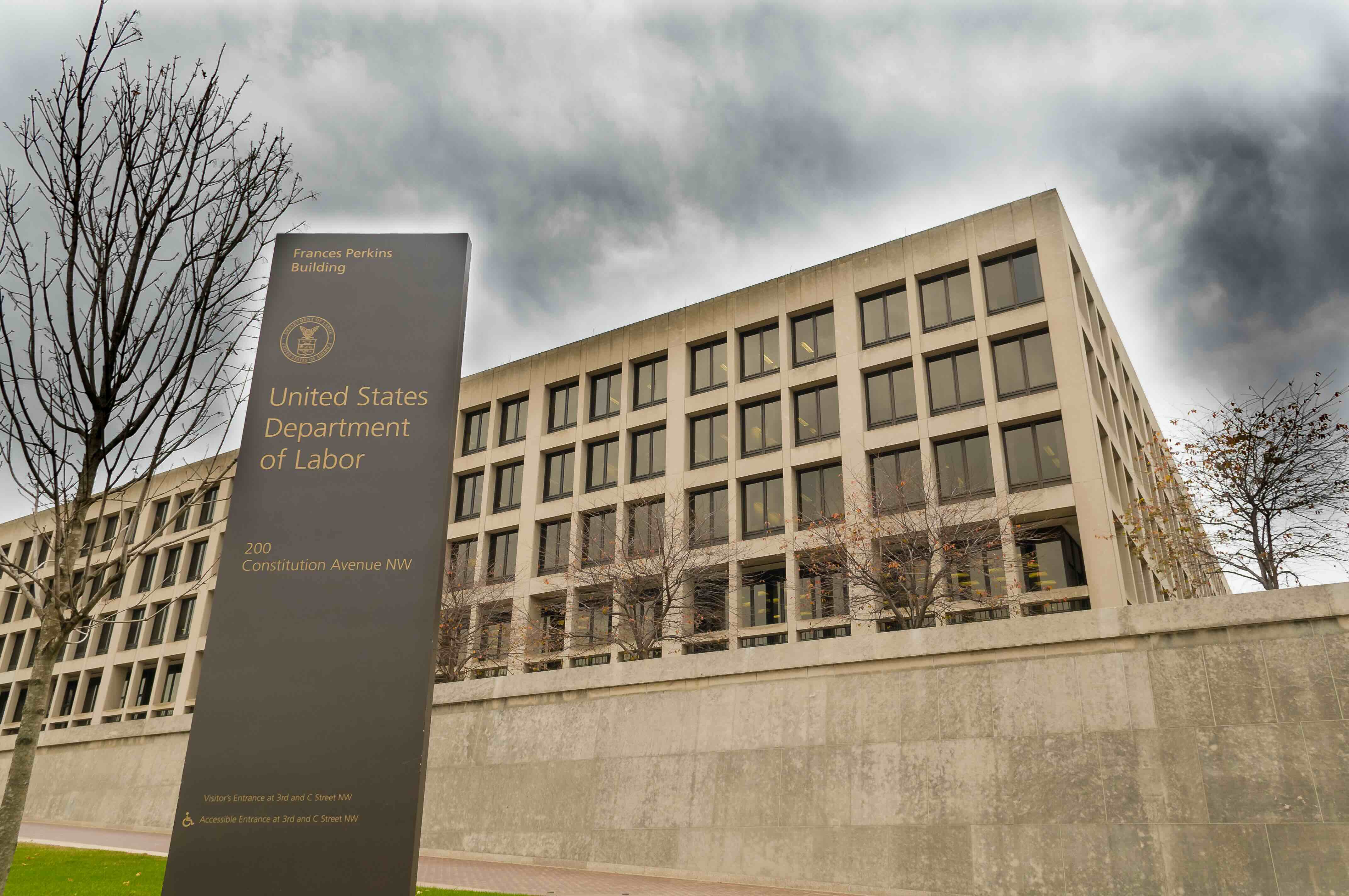Have a story idea
Have a story idea? Send it to us here.

Source : Flickr
December 27, 2024
Author : Alex Bustillos
With Donald Trump set to return to the White House in 2025, American businesses can expect significant changes in workplace policies. Employers should prepare for adjustments that could reshape labor laws, wages, and employment practices. Here’s an overview of the anticipated shifts:
Labor Policies Favoring Employers
Trump’s administration is likely to roll back labor-friendly policies implemented during Biden’s term. His approach will likely give employers greater control in areas like workplace rules and union relations. For example, the National Labor Relations Board (NLRB) is expected to reverse Biden-era measures that strengthened unions and simplified organizing efforts.
Expect changes to union election processes and rules limiting employers’ ability to manage workplace conduct. Trump may also replace NLRB General Counsel Jennifer Abruzzo, a pro-union advocate, with someone aligned with his administration’s priorities.
Lighter Workplace Safety Oversight
During Trump’s first term, the Occupational Safety and Health Administration (OSHA) experienced reduced oversight, with fewer inspections and relaxed safety regulations. This trend is likely to continue. Specific initiatives, such as a proposed rule to regulate workplace heat exposure, could be scaled back or abandoned altogether.
Independent Contractor Rules Relaxed
Trump is expected to reverse policies that make it harder for businesses to classify workers as independent contractors. By easing restrictions, gig economy employers and other industries could find it simpler to label workers as contractors, reducing obligations like overtime pay and benefits.
Immigration Tightened
Immigration reform will remain a priority. Stricter rules on H-1B visas and green cards are anticipated, as well as heightened penalties for businesses hiring undocumented workers. Programs like Deferred Action for Childhood Arrivals (DACA) may face termination, potentially impacting industries reliant on immigrant labor.
Overtime Pay Rule on Hold
Biden’s overtime rule, set to expand eligibility for millions of workers by increasing the salary threshold, may be challenged in court. If delayed, Trump’s administration could reduce the threshold or scrap the rule altogether, easing wage obligations for businesses.
Federal Minimum Wage Stays Low
The federal minimum wage, stagnant at $7.25 per hour since 2009, is unlikely to see significant increases under Trump. While some states and local governments will continue to raise their minimum wages, any federal hike would require Congressional approval, making it improbable.
Paid Leave Remains Local
Despite bipartisan calls for a national paid leave policy, Trump’s second term will likely leave this issue to state and local governments. Employers should expect more states to mandate paid sick leave or family leave, further complicating compliance for multi-state businesses.
Tax-Free Tips for Hospitality Workers
Trump may push for a federal law to exempt tipped wages from income taxes, a campaign promise he and Vice President Kamala Harris shared. While this move could help workers take home more pay, critics argue it might lead to lower base wages and reduced federal revenue.
Rollback on Pay Data Collection
The Equal Employment Opportunity Commission’s (EEOC) initiative to collect detailed pay data for identifying wage gaps will likely be shelved. Trump’s administration previously dismissed a similar plan as burdensome and lacking practical utility, and a repeat of that decision seems likely.
Loosening of AI Regulations
Trump has criticized Biden’s executive order aimed at regulating artificial intelligence (AI) in workplaces, labeling it as stifling innovation. Businesses can expect fewer federal restrictions on AI use, though states may introduce their own regulations. Employers should still prepare for potential legal liabilities tied to AI-driven workplace decisions.
What should construction executives do?
While many of these changes will take time to implement, construction companies should proactively prepare. Reviewing workplace policies and labor practices now can help ensure compliance with any new regulations. Employers reliant on immigrant labor or independent contractors should pay close attention to possible reforms. Businesses operating in multiple states should stay updated on state-level policies around wages, paid leave, and safety standards.
As Trump rewrites federal workplace policies, the biggest challenge for employers may be getting through the patchwork of state and local regulations likely to emerge in response.
Category : Federal Government Labor Market Watch
